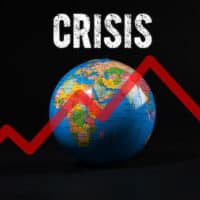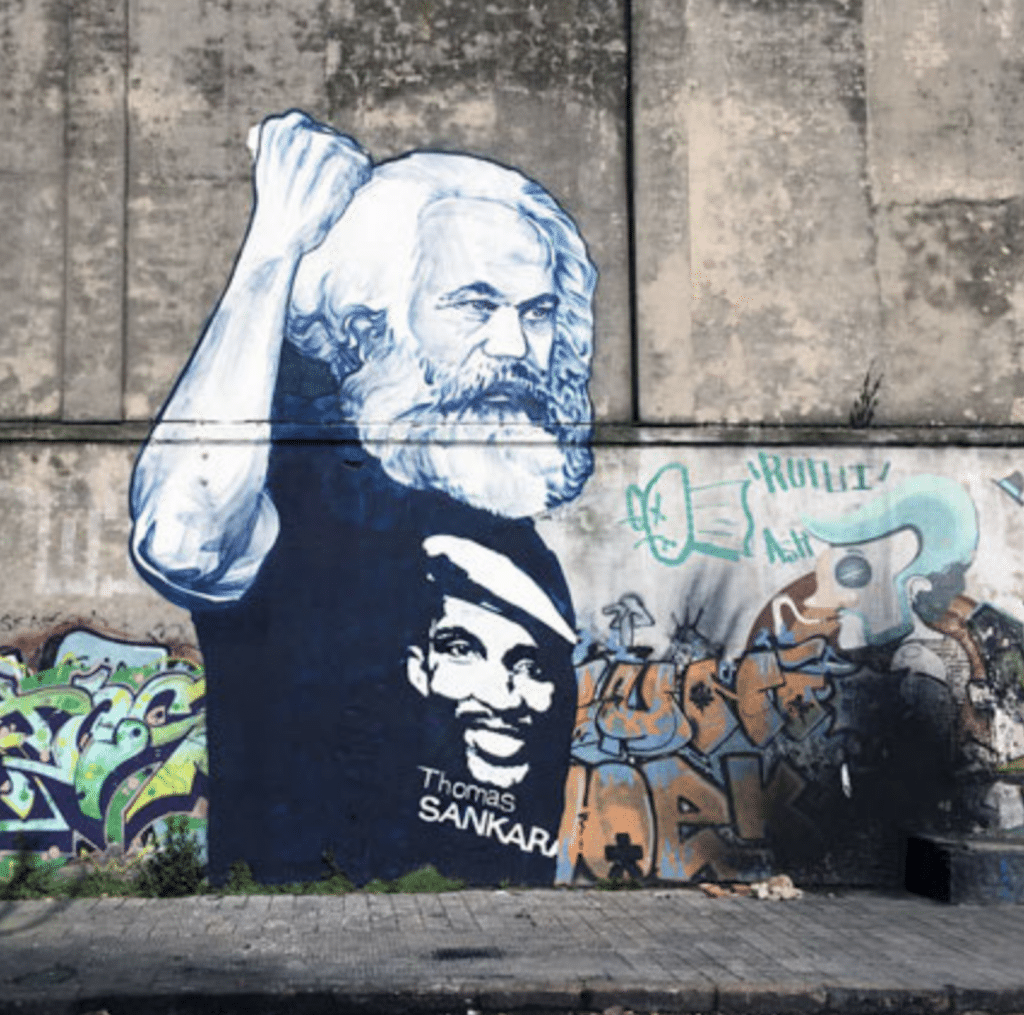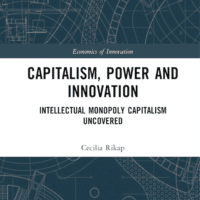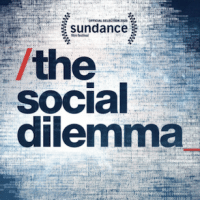-
Amartya Sen’s work shows us the human cost of capitalist development
Indian economist Amartya Sen has posed a devastating challenge to the dominant capitalist understanding of development. But Sen’s own analytical framework doesn’t go far enough in exposing the inherently exploitative logic of capitalism.
-
Beating around the bush: polycrisis, overlapping emergencies, and capitalism
It is in vogue nowadays to describe the multifaceted and intertwined crises of capitalism without referring to capitalism itself. Obscure jargon of ‘overlapping emergencies’ and ‘polycrisis’ are brought up to describe the complexity of the situation, and they serve, with or without intention, to conceal the culprit, namely the totality of capitalist relations.
-
Floods in Pakistan: Where is the ‘International Community’ for the imperialized zones of the world-system?
A spade, as the proverbial saying goes, ought to be called a spade.
-
Re-embedding the economy to rethink (sustainable) development
This famous sentence from Joseph Ki-Zerbo could be translated as ‘we do not enforce development; we develop ourselves.’ However, development paradigms have been largely influenced by external views, mainly those of Western countries.
-
Neoliberal capitalism and the commodification of social reproduction, from our home to our classroom
It is official: we are getting ready for another round of industrial action in the UK higher education sector.
-
The triple day thesis: Theorising motherhood as a capability and a capability suppressor
The triple day thesis of motherhood is conceptualized as a mother who engages in the reproductive work of childbearing and childrearing (the single day), in addition to waged work (the double day) and self-reproductive work (the triple day).
-
Debunking the “Eco-Fortress Nationalism” of the AOC/Markey Green New Deal
Max Ajl’s ‘People’s Green New Deal’ is a brutal reminder for the American left that even the most celebrated and progressive developments in American politics are still simply American politics, in other words they are a politics for America, and America first.
-
Can Joan Robinson’s ideas cast some light on today’s profound economic challenges?
2023 marks the fortieth year since the passing of Joan Robinson and her one-hundred-and-twentieth anniversary.
-
Dependency, gender, and race
In the classical works of dependency theory, such as the Dialectics of Dependency (Marini 2011 [1973]); Socialism or Fascism (Dos Santos 2018 [1978]); Dependency and Development in Latin America (Cardoso and Faletto 1979) and Latin American Dependent Capitalism (Bambirra 2012 [1978]), race and gender are absent.
-
The Techfare state: The ‘new’ face of neoliberal state regulation
recent article in the New York Times takes aim at ‘How Big Tech Won the Pandemic’, highlighting how in the last year alone, Amazon, Apple, Google, Microsoft, and Facebook posted a combined revenue of more than $1.2 trillion.
-
From post-Marxism back to Marxism?
The catastrophe of the Great War, along with the Russian Revolution of 1917, led to a “second foundation” of Marxism. This was both political, with the birth of the Third International, and theoretical: as Lenin notably said reading Hegel’s Science of Logic in the summer 1914, since no Marxist had seriously engaged with the Logic before, none had really understood Marx’s Capital.
-
Center-periphery relationships of pharmaceutical value chains
The internationalization of the pharmaceutical industry only rose after the internationalization of patent protection in the Agreement on Trade Related Aspects of Intellectual Property Rights (TRIPs Agreement) (Haakonsson, 2009).
-
Intellectual monopoly capitalism and its effects on development
What is new with contemporary (global) leading corporations? If gigantic monopolies are a repeated phenomenon in capitalism’s history, why all the fuss we see every day regarding high concentration?
-
Can we electrify our way out of climate change–or do the rich also need to consume less?
As the Artic sea ice rapidly melts and the communities across the world suffer dire consequences, we are experiencing the tragedies from emitting greenhouse gases from human activities into the atmosphere.
-
What is at stake in the study of settler colonialism?
Settler colonialism, those colonial processes based on the aim of permanently settling metropolitan populations on indigenous lands, and–crucially–the struggle against it, have been at the centre of many of the key political developments of the last three decades.
-
The Social (Relations) Dilemma
The Social Dilemma that is currently streaming on Netflix has garnered much attention by raising a single question–how have we come to accept as normal the fact that a few hundred tech-enthusiasts in Silicon Valley has had an unprecedented impact on billions of lives around the world? Directed by Jeff Orlowski, the Social Dilemma features tech industry insiders raising ethical concerns about business models that shape our everyday digital experience.
-
Abolition will not be randomized
In the wake of the current uprising in support of Black Lives Matter, there has been increasing interest in the use of mainstream empirical methods in economics–like randomized control trials (RCTs) and administrative data evaluation–to address issues of racism and violence in the institution of policing.
-
Is postcolonial capitalism a thing to itself? Reviewing Sanyal’s – Rethinking Capitalist Development
In all, Sanyal’s work is engaging, remarkable in its cross-disciplinarity, and fresh. Though its influence has been concentrated in Indian academia, I urge my colleagues elsewhere to give it a read. It will definitely make you think.
-
Corporate planning in the coronavirus economy
In this blog post, I want to connect what we’re currently seeing in the retail sector during this pandemic to deep-seated narratives about the nature of economic exchange, in particular to the notion of “the market”.
-
A crisis like no other: social reproduction and the regeneration of capitalist life during the COVID-19 pandemic
As the COVID-19 health crisis deepens, it looks increasingly clear that the short-term collapse in global output is likely to exceed that of any recession in the last 150 years–that is, in the entire history of capitalism. The ILO estimates that the crisis will lead to the destruction of 195 million jobs. Hence, after discussing at length the epidemiology of the COVID-19 pandemic, media attention is now increasingly focused on how to restart the global economic engine.




















